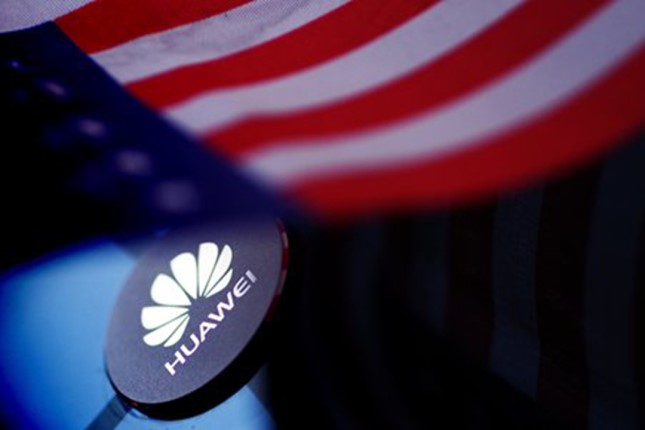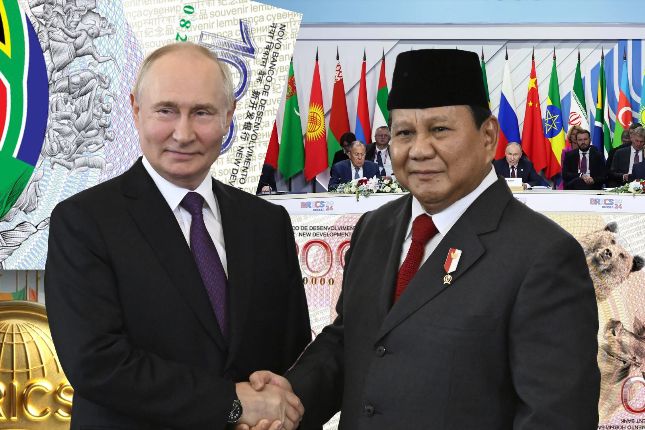As it is reviewing existing export licenses issued to US suppliers, including Intel Corp and Qualcomm Inc, for sales to the Chinese telecommunications giant, Bloomberg reported on Wednesday.
According to a Wall Street Journal report, a former senior US security official familiar with the administration's policy deliberations said that "The White House is now telling Commerce, 'Cut off the 4G sales, the time has come to do more pain to Huawei, to try to finish their demise.'"
The eagerness the US government has shown in killing Huawei by cutting off Huawei from all American supplies of less advanced tech components is unusual and surprising. Even if the potential move may cause some short-term impact on Huawei's mobile phone business, it is completely futile in terms of hindering Chinese companies' technological progress.
If anything, the timing of the US suicidal crackdown is quite delicate as it comes at a time when Huawei has flexed its muscle in delivering innovation at the Mobile World Congress 2023 in Barcelona, Spain, an annual tech industry expo being held this week. In particular, the Chinese tech giant showcased innovative technologies, new business opportunities, and industry progress in the 5.5G era, with the launch of the world's first Dual-Engine Container solution for the 5.5G era.
According to Huawei, technological innovation in the 5.5G era will bring operators a 10-fold increase in network performance over 5G. In the 5.5G era, 3D applications will become mainstream and services with both immersive and interactive experiences will become commonplace. With continuous breakthroughs in device technologies and a boom in content, the number of online users of immersive and interactive services in the 5.5G era is expected to exceed 1 billion, a 100-fold increase.
Apparently, despite part of its businesses being crippled by the harsh US sanctions, this has not slowed down Huawei's pace in terms of technological innovation and progress. The fact that Huawei's continuous breakthroughs in the 5.5G development indicates that it will also maintain a leading edge in the 6G era in the future.
Moreover, Huawei's own research and development has also been gaining ground in many areas, such as the development of an alternative chip solution, as well as the Harmony operating system. As a result, the proportion of domestically produced parts in Huawei's smartphones is increasing continuously, with parts from US suppliers on the decline. Also, after the US crackdown on its mobile phone business, Huawei has turned to building its automotive ecosystem alliance and platform, co-developing high-end electric vehicles with other automakers.
The reason why the US thinks that it should be tougher on China and Chinese companies and wants to impose more pressure is that their previous measures failed to work.
Just take a look at Huawei's achievements and its potential to dominate the future telecommunications industry. No wonder the US has become so eager to escalate its sanctions against Huawei, with little regard about the real effectiveness and the obvious harms that will definitely result from such measures. The US government has got used to resorting to sanctions to slow the technological and economic progress of others. But it only reveals the US anxiety about its decline in the telecommunications and other sectors amid the increasing difficulties for playing catch-up.
After former US president Donald Trump added Huawei to the so-called US entity list, many US companies reported losing significant sales from the trade ban on Huawei, which then led to the applications of export licenses for certain sales to Huawei. But now it seems that the US is trying to ratchet up the pressure on Huawei to the level that may even hurt its own companies, an indication of the increasingly unfair and twisted market competition caused by the US' political interference.
Of course, the more Huawei strengthens its technological innovation and progress, the greater the pressure it will have to face, as the US will not give up its market domination easily. But it is already an inevitable trend for Huawei to continue its technological breakthroughs and expansion into the global markets. According to a recently published report from Dell'Oro Group, Huawei continued to lead in 5G mobile core networks market in 2022.
Under such circumstances, it would be futile if the US only tries to create obstacles to prevent Chinese companies from progressing, which won't be able to stop China's rise in global mobile internet market.
Source: The Global Times.
































